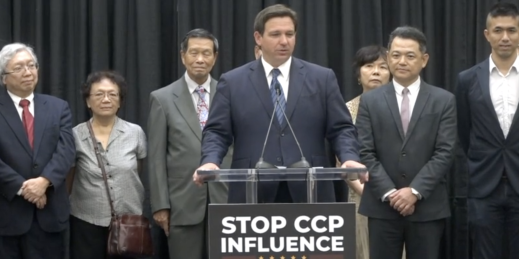Column Archive
Free Newsletter
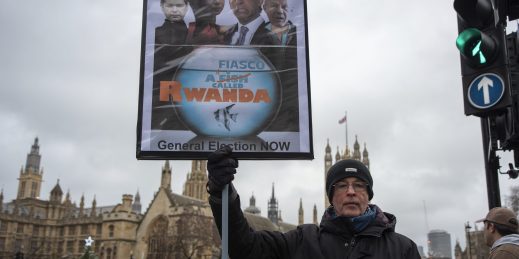
As the ideologies of dominant factions within Toryism converge with far-right thought in the rest of Europe, claims that the U.K. does not face radicalization on the right look absurd. The transformation of the Tory Party looks irreversible, but it remains to be seen what kind of far-right movement it will become.
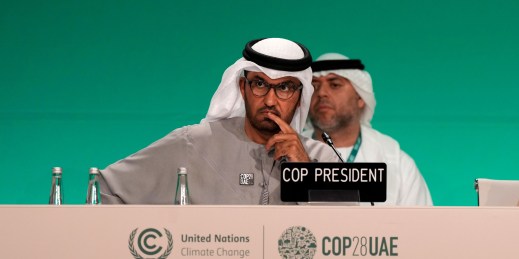
The U.N. COP28 Climate Change Conference concluded with a pledge to transition away from fossil fuels, the first such major multilateral agreement to call for signatories to do so. As a result, the pledge was heralded as a historic achievement. But does this actually mean that climate diplomacy has turned a corner?
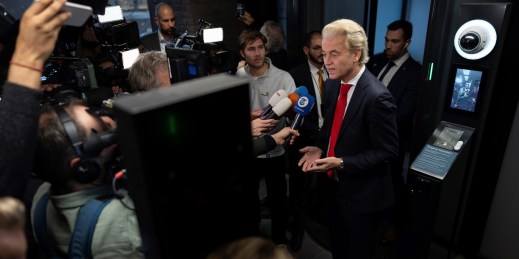
Government-formation talks following the Netherland’s shock elections in November are going into quiet mode, as Geert Wilders, the far-right provocateur who went from fringe figure to would-be prime minister, tries to cobble together a coalition. At the moment, the most likely scenario is a weak and unstable government led by Wilders.
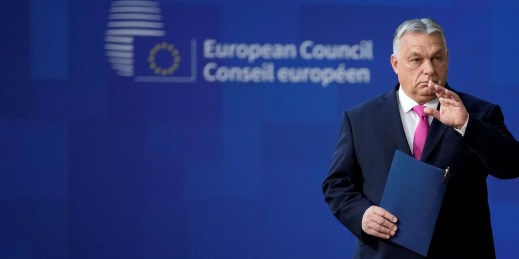
The parallels between the current challenges facing the U.S. and EU, particularly when it comes to obstruction from far-right populists, has reinforced a tendency to equate the problems faced by both systems of government. However, the EU is suffering from a chronic but manageable affliction, while the U.S. has an acute condition.
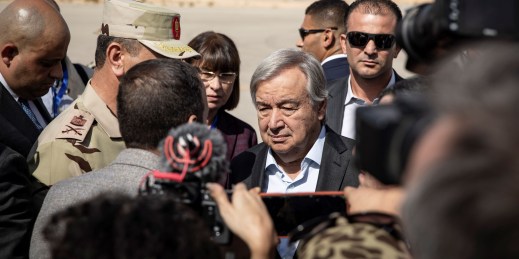
As 2023 ends, ambassadors and international officials at the U.N. do not have much to celebrate. The organization was having a hard year even before Hamas attacked Israel in October. Now the war in Gaza has sparked furious debates in the Security Council and General Assembly, with many asking if the U.N. can recover from the crisis.
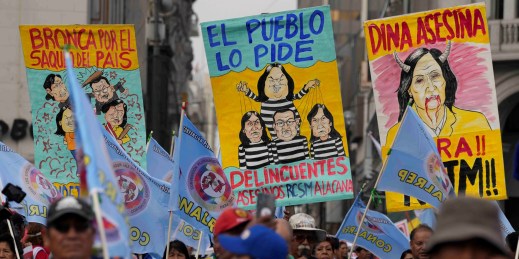
Recent weeks have been an exercise in bandwidth and attention management for Latin America. The region, via multilateral forums and organizations, has responded strongly to Venezuela’s threat to invade Guyana and Guatemala’s political crisis. That action is good to see, but those aren’t the only two challenges the hemisphere faces.
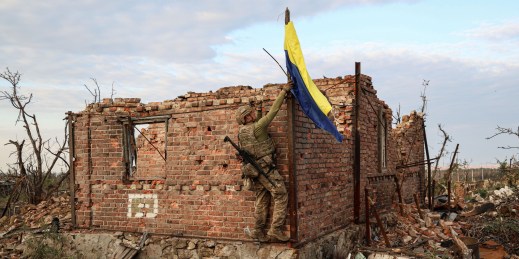
What do the war efforts of Israel and Ukraine have in common? Each is dependent on assistance from the U.S., and each sees itself engaged in an existential fight. But what is most notable is that both are engaged in war efforts that, despite imposing heavy casualties on their opponents, are in danger of strategic defeat.
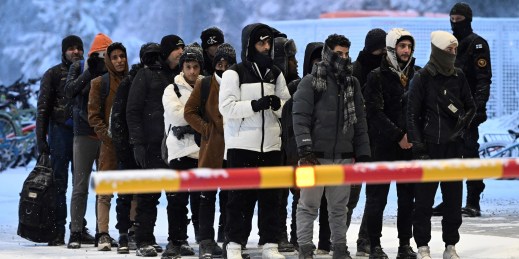
Tensions have been rising along Russia’s borders with several countries belonging to the EU and NATO. Most recently, Finland, one of NATO’s newest members, blasted the Kremlin, accusing Russia of launching a form of “hybrid warfare” by sending a surge of migrants to the Finnish border in an effort to destabilize the country.

British media and policymakers paid only brief attention to a bombing in a South London suburb last week that in other contexts might have generated national panic. This remarkable lack of fuss was partly due to what the bomb had targeted: cameras enforcing an air-quality and climate initiative to discourage the use of older cars.

The EU and China concluded their first in-person leaders’ summit since 2019 this week, with trade imbalances and China’s continued support for Russia front and center. While the latter has fundamentally shifted Europe’s view of China, the economic issues dominated discussions at the summit, particularly with regard to electric vehicles.
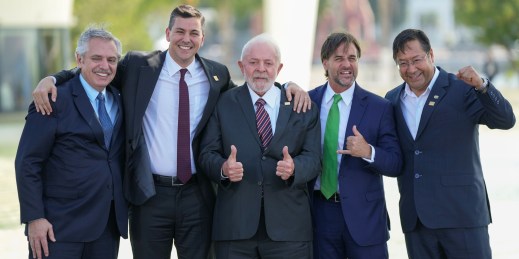
Every time the political winds shift in South America, Mercosur heads in a new direction. Last week’s summit was no exception. The trade group agreed to invest $10 billion in regional infrastructure, but its free trade deal with the EU hit yet another speed bump, in part due to worries over Argentine President Javier Milei’s plans.

There has perhaps been no more polarizing figure in the realm of U.S. foreign policy than Henry Kissinger, who died last week at age 100. His realpolitik approach undoubtedly led to some success. But it also led Kissinger to advocate for policies whose moral grounding was dubious and whose foreign policy value was questionable.
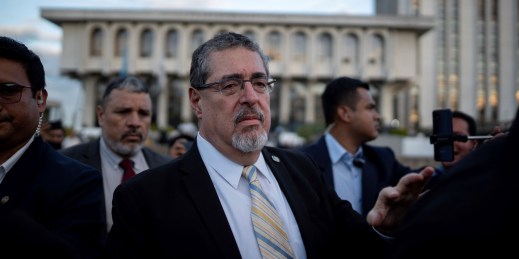
In Guatemala, efforts by the outgoing administration of President Alejandro Giammattei to prevent President-elect Bernardo Arevalo from taking office continue despite evidence that Guatemalans are determined to defend the electoral results. Most recently, the government has tried to cook up a criminal case against Arevalo.
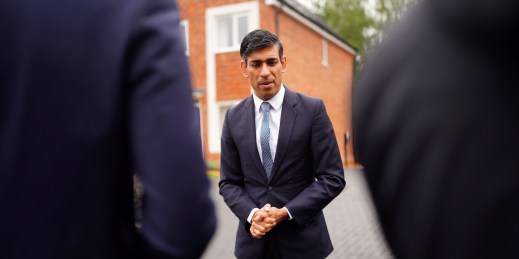
The British national news agenda these days is dominated by debates over migration, economic stagnation and infighting within the Conservative Party. Though understandable, that is obscuring coverage of a breakdown in local governance affecting hundreds of communities across the U.K. that could have a profoundly destabilizing impact.
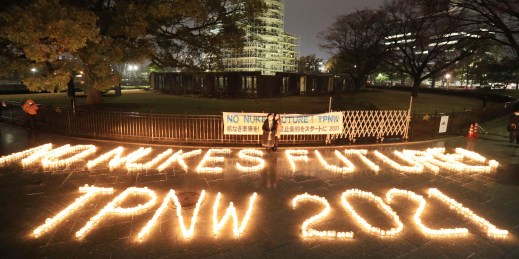
Some observers have wondered whether the taboo against nuclear weapons is weakening under the pressures of resurgent nuclear brinksmanship and unyielding nuclear postures. But based on what political scientists know about international prohibition norms, there is less need for concern here than it might seem.


